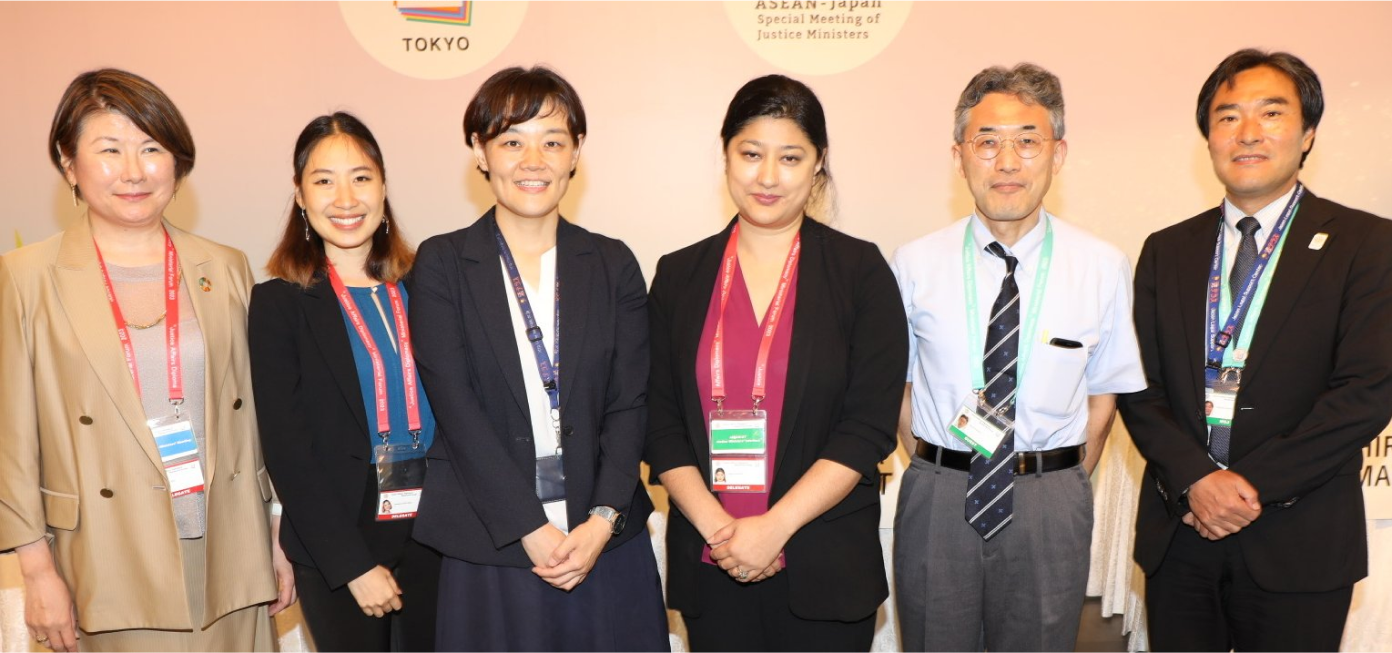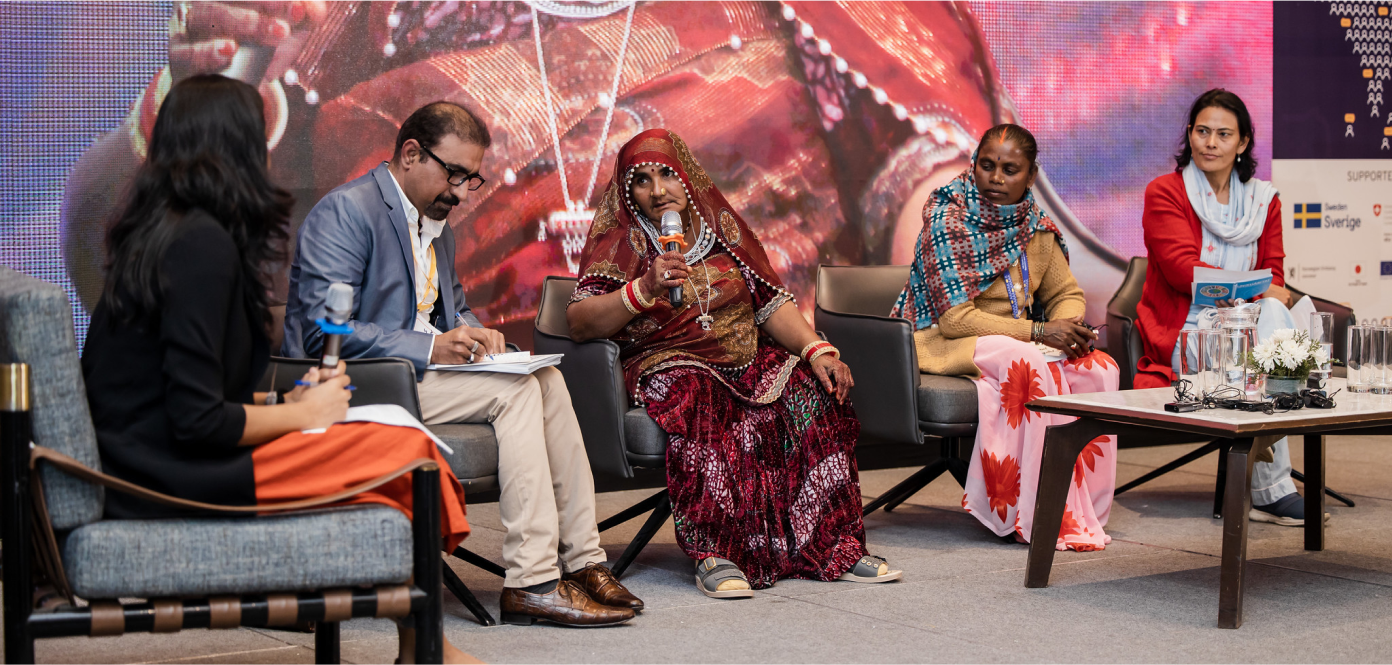Overview of the regional context
The Asia-Pacific region experienced a complex interplay of political, economic and social dynamics, including the cost-of-living crisis and climate crisis, as well as geopolitical tensions. These factors impacted the region's human development trajectory, as well as its governance and rule of law landscape. While the region experienced areas of progress (as highlighted in the UNDP Regional Human Development Report ), deep inequalities persisted within and between countries. As of 2023, Asia-Pacific was off-track to achieve the Sustainable Development Goals (SDGs) by 2030, notably SDG 13 (Climate action) which regressed significantly.
While the region continued to demonstrate relatively strong economic growth in 2023, it also exhibited concerning socio-political trends including democratic backsliding, a significant decline in gender equality, and increased polarization, as reflected in global governance, corruption and rule of law indexes. Shrinking civic space and repressive laws restricted freedoms and public participation, particularly for human rights defenders and marginalized communities, including those advocating for responsible business practices. Reported increased incarceration rates remained a worrying trend. The region hosts 30 percent of the global migrant population and nearly 15.6 million forcibly displaced and stateless individuals, notably from Afghanistan and Myanmar, many living in precarious situations.
Access to Justice
UNDP focused on access to justice programming in Bangladesh, Bhutan, Lao People’s Democratic Republic, the Maldives, Myanmar, Pakistan, Sri Lanka, Thailand and Viet Nam. Through its interventions, UNDP promoted people-centred approaches to justice, enhanced legal aid mechanisms in criminal and civil justice matters, contributed to the protection of inheritance, land and property rights for displaced communities, empowered Indigenous groups to seek remedies for business-related human rights abuses, and supported women in pursuing justice for gender-based violence. In addition, two new projects received support from UNDP’s Global Programme for Strengthening the Rule of Law, Human Rights, Justice and Security for Sustainable Peace and Development (the Global Programme). These initiatives aim to strengthen access to justice for persons with disabilities and create a more accessible justice environment in Bhutan, as well as a project to boost legal advocacy and clinical legal education on environmental rights in Viet Nam.
In partnership with the International Legal Foundation and UNICEF, the Global Programme provided technical support to the National Legal Services Authority of India and co-organized the inaugural Regional Conference on Access to Legal Aid – Strengthening Access to Justice in the Global South. As a result, participants from 51 countries adopted the New Delhi Principles on the Role of Judiciary in Ensuring Equal Access to Justice for All in the Global South. The document will serve as a roadmap to make access to legal remedies easier, faster and more equitable. On the sidelines of the conference, UNDP led the ministerial roundtable Advancing the Agenda for Sustainable Development 2030: Access to Justice – Global South, where representatives of 18 ministries of justice committed to promote people-centred justice as a means to achieve the SDGs
UNDP actively engaged in the Justice Affairs Diplomacy Ministerial Forum hosted by the Ministry of Justice of Japan. The Forum held the first-ever dialogue between ASEAN (Association of Southeast Asian Nations) and marked the 50th year of ASEAN-Japan Friendship and Cooperation. On this occasion, ministers of justice and attorney-generals gathered to shape a common vision and foster cooperation in the field of rule of law and human rights. During the ASEAN-G7 meeting in Tokyo, UNDP also organized a Special Event on Ensuring Access to Justice, showcasing the Thailand Institute of Justice’s Justice by Design Initiative, which is part of the UNDP-led Judicial Integrity Network (JIN ASEAN). The initiative demonstrates how listening directly to people enables justice systems to effectively respond to citizens' needs.

